Assistant Professor: Stress and shame are closely linked – understand why

(Illustration: giphy.com)
BOOK REVIEW: Read about new methods for managing stress in working life.
ResearcherZone | 22. Oct 2021
Written by Pernille Steen Pedersen, PhD, Assistant Professor, Department of Management, Politics and Philosophy, CBS. Translated by Helen Dyrbye.
One special type of stress is triggered by shame, my research reveals. Understanding and recognising the feeling of shame are therefore key to managing a central aspect of stress and taking steps to prevent stress.
That is one of the core concepts in my book ‘Stress og skam i arbejdslivet – en guide til fælles forebyggelse’ (Stress and shame in working life – a guide to joint prevention), which has just been published and presents stress as a complex phenomenon comprising various dimensions that require individual, in-depth clarification.
The book also includes advice on methods for managing this particular type of stress, which I refer to as stress triggered by shame.
In this article, I will explain how stress and shame are linked and what it means to have conflicting emotions.
Shame and guilt differ
Shame is a natural emotion – also in working life. Shame is also a complex and ambiguous emotion that involves who you are.
- Guilt involves regretting and reproaching yourself for something that has happened, and that you have done.
- Shame involves your whole person and can drown out anything but the thundering awareness of falling short your own expectations: “There is something wrong with me.” This awareness is not associated with a specific action in the past.
Shame can make us hide
In its positive form, shame is the driver that navigates our relationships with other people and shapes how we interact with them.
But shame can overshadow our interactions with other people. If we feel intense shame, we may withdraw from social contact and end up feeling disconnected from those around us.
Paradoxically, that is why shame, recognition and loneliness are closely linked. Paradoxically, because shame intensifies our need to receive recognition, and emphasises how we depend on each other as human beings, but shame can simultaneously inhibit our relationships and our feeling of belonging to a group.
That is precisely what we must consider and use as the foundation for strengthening our working communities.
The book provides in-depth knowledge that can be applied to understand shame itself. It also provides input for dialogues that introduce this knowledge as a means of building up the strong communities we need – without acting as therapists for each other.
Problem analysis – a technique for managing stress
In the book, I present a technique that I call ‘problem analysis’, which enables us to dig deeper.
Problem analysis is designed to help us acknowledge that stress is a complex phenomenon that we can never eradicate entirely, but we can learn more about it by exploring a range of dimensions.
This exploration is part of managing stress because together, managers, employees and colleagues can discuss in advance – before stress emerges – ways of supporting and helping each other.
In the book, I suggest questions that can facilitate these dialogues. Problem analysis is an investigative technique I have developed with my colleague Troels Krarup that highlights elements of a problem by tracing the many different relationships between problems and solutions that can be revealed when people talk about problems.
Problem analysis was inspired by the French philosopher Michel Foucault’s early work on the so-called Archaeology of Knowledge.
Although generally associated with unearthing historical artefacts, archaeology as a method involves more than digging deep.
Archaeology has its own way of posing questions and reaching conclusions: based on the material available.
However, those conclusions are often tentative because if new material is discovered, conclusions must be revised.
Problem analysis is useful for both researchers and practitioners facing complex phenomena involving issues that can seem mutually contradictory. That is often the case when dealing with stress triggered by shame.
Emotional tug of war
Have you ever experienced an emotional tug of war where conflicting feelings consume your thoughts? Or have your friends or colleagues described such a feeling?
Then you are also familiar with the internal conflict a person can experience. That is because emotions are frequently ambiguous and irrational – even for the person experiencing them. This can be expressed in self-contradictory statements such as: “I feel X, but I also don’t feel X.”
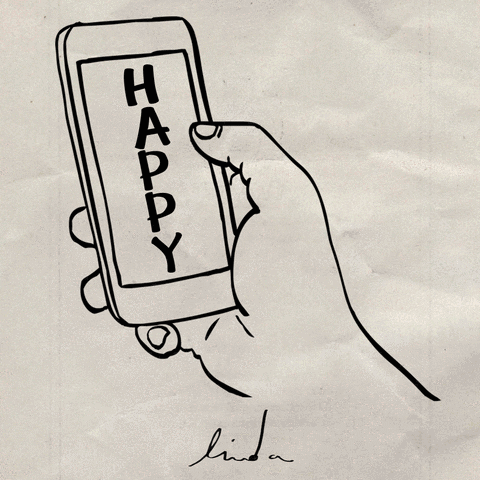
(Illustration: giphy.com)
With the question of how contradictions can coexist, we have reached a crucial point in problem analysis.
This is where I present an aspect of stress triggered by shame that I call intrapersonal conflict.
This concept is essential for my ability to identify new approaches and methods for managing stress in working life.
An employee’s ambivalence
One of the first intrapersonal conflicts I identified came to light during an interview with a bank advisor.
While reviewing the time leading up to her stress leave, she described her experiences at work using conflicting statements.
First, she said the work was successful. Yet, later in the interview, she described the same work as a fiasco.
When, in the same interview, someone with stress says “Yes, it was a success” and “It was a fiasco”, these are emotional statements that coexist and demonstrate a kind of ambiguity, or what I now refer to as intrapersonal conflicts.
Invisible emotions are hard to study
Intrapersonal conflicts, though crucial when analysing stress triggered by shame, can be difficult to study because they are invisible.
The internal emotional chaos a person is experiencing can be difficult for outsiders to see.
“Everything seems the same, doesn’t it, and is just like normal. Except me, right?” recalls one manager who ended up taking sick leave, and explains:
“You try to find a legitimate reason not to keep your job, and the cutbacks are what I cannot condone – at least officially – because everyone can understand that. But doubting myself, and the voice inside me saying: “That’s just because I’m not a good enough manager,’ well, it’s there, you can be sure of that.”
Thoughts characterised by doubt and common sense
Here, emotional, intrapersonal conflicts can be detected through obvious tensions, insecurity and contradictions in a person’s attempts to describe their experiences.
We see in the quote above, that the manager’s thoughts lead in two directions that co-exist side by side:
- One direction is dominated by nagging doubts and thoughts about not being good enough (Here: Not being a skilled manager)
- The other direction involves the rational voice, which attempts to convince the manager it is the external factors (Here: Being required to implement cutbacks one cannot condone).
Shame impairs judgement
Here is my point: In the context of shame, we can see that praise can be hard to accept because you do not feel worthy, and because your relationship with reality and thereby your judgement are impaired.
The deeper down we dig into the problem, the more dimensions become visible that play a role in self-blame and intensify the feeling of standing alone.
A reaction of acute shame can be triggered by a specific situation, which we subsequently wish to escape.
But the feeling of shame can also begin to dominate our thoughts and become more and more dominant.
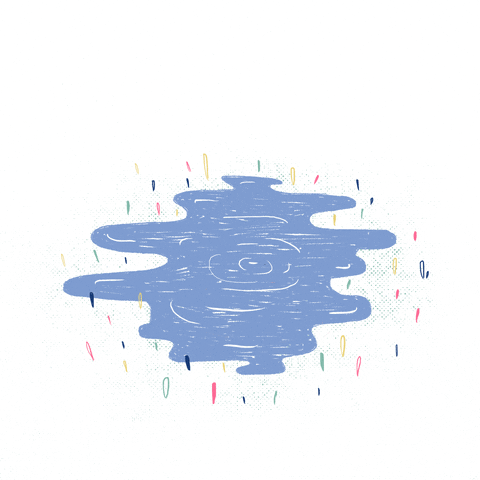
(Illustration: giphy.com)
The Canadian-Australian politologist Carol Bacchi uses the concept of chronic shame to explain how shame can be (unconsciously) experienced as a profound and permanent aspect of our lives that affects our interactions with others, and where the fear of exposure is a constant threat.
The antidote to shame
Chronic shame becomes interesting when we attempt to understand when and how shame can become so incapacitating that we are unable to work.
Through problem analysis, I have acquired insight that identifies shame as the starting point for being able to formulate concrete questions that focus specifically on becoming more knowledgeable about experiencing and managing potential intrapersonal conflicts.
The book therefore provides practical instructions for various ways in which managers, colleagues and individuals, on an enlightened background, can create and maintain trusting relationships through dialogues that can work as an antidote to shame.
The greatest recognition
Recognition is a core concept in the book. Recognition is not just something that must be given – it is just as much something that must be accepted. If you receive recognition, you do not feel you deserve, it can have the opposite effect. You can feel like an imposter who may be exposed at any moment.
That is certainly not how I feel about ‘Stress og skam i arbejdslivet – en guide til fælles forebyggelse’ (Stress and shame in working life – a guide to joint prevention). I have worked hard and am proud of the result.
Yet, I was happier still when an email arrived containing one of the greatest acknowledgements a researcher can receive – when another person helps you to appreciate the value of your own work.
The email came from a person whose experiences are included in the book:
“Your research helps me to understand both myself and the world, and how it works, and how complex it is when you are dealing with stress. In a manner that is not judgemental, you also suggest how your concepts can be used both to develop myself and relationships with others. It is so real to me, and I saw myself as less pathological after I had read your texts.”



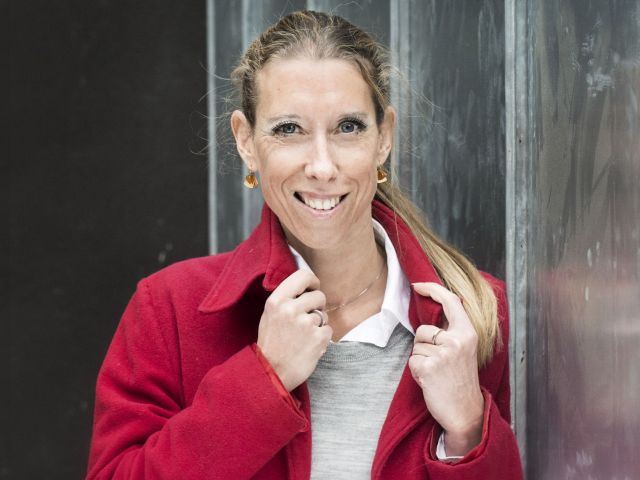
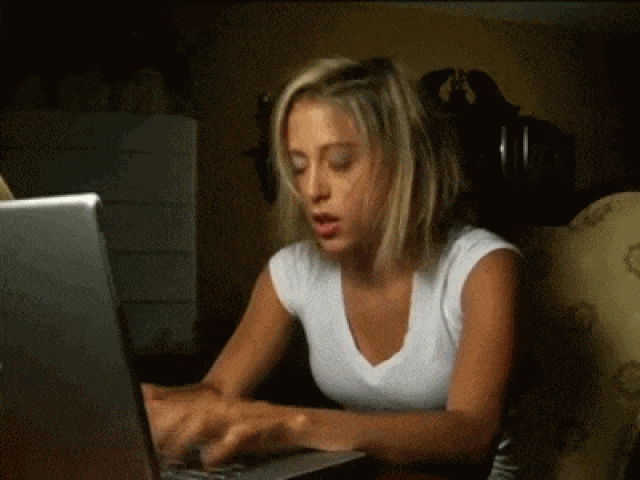





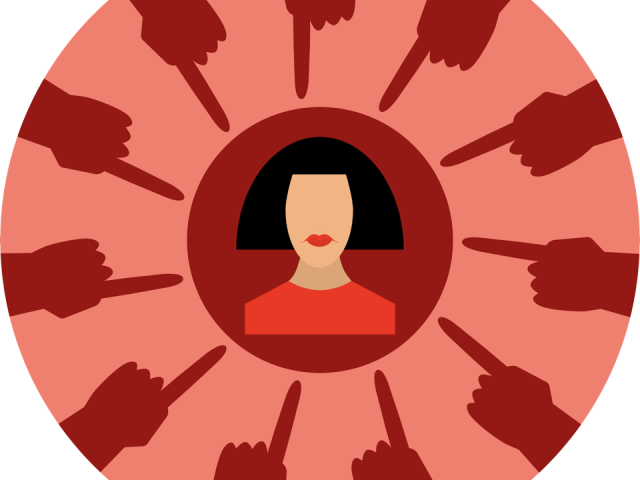



























































































































Comments